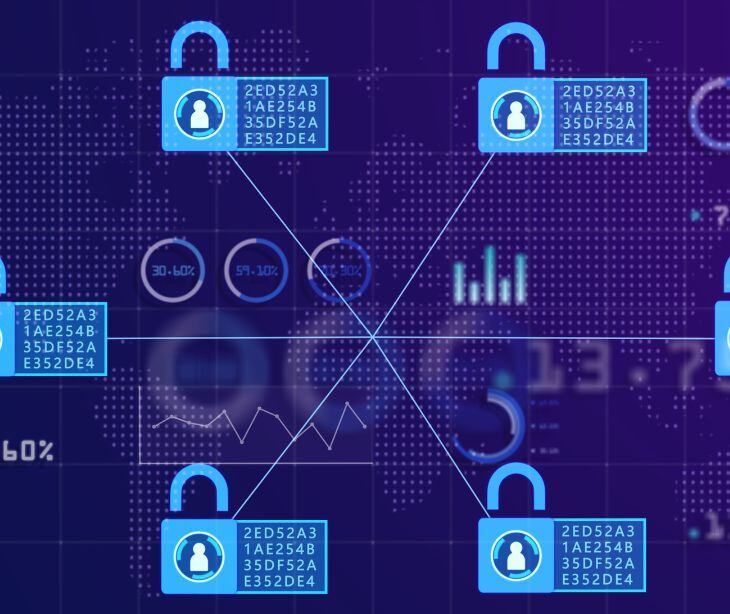2 min read
CrowdStrike's congressional testimony: Addressing cybersecurity vulnerabilities
Farah Amod
Sep 11, 2024 7:42:34 AM

A faulty software update from cybersecurity firm CrowdStrike is under scrutiny as the company prepares to testify before Congress. Lawmakers try to address the incident's impact on digital security and discuss steps to prevent future vulnerabilities.
What happened
CrowdStrike, a renowned cybersecurity firm, is set to testify before a U.S. House of Representatives subcommittee following its role in one of the world's most extensive IT outages. The incident, which has been described as a "reminder of the vulnerabilities inherent in our increasingly interconnected digital infrastructure," has prompted lawmakers to demand answers and consider potential legislative actions.
CrowdStrike's Adam Meyers, Senior Vice President for Counter Adversary Operations, will deliver the testimony, providing lawmakers with an in-depth account of how the company's software update led to the widespread IT outage. The hearing will give representatives a chance to thoroughly examine the incident and consider potential legislative measures to prevent similar situations in the future.
Going deeper
The CrowdStrike incident is one example of a series of cybersecurity events that have influenced recent legislation. Looking at these previous cases and their effect on policy helps us better understand what the CrowdStrike testimony might mean for the future.
Equifax data breach
In 2017, the Equifax data breach, which exposed the personal information of 147 million Americans, led to the introduction of the Data Breach Prevention and Compensation Act in 2019. This law tried to increase accountability for companies in the event of data breaches, reflecting a growing focus on improving cybersecurity.
SolarWinds supply chain attack
The 2020 SolarWinds supply chain attack, which impacted several government agencies and private companies, revealed the need for better supply chain security and faster incident reporting. This led to the passage of the Cyber Incident Reporting for Critical Infrastructure Act (CIRCIA) in 2022.
Colonial Pipeline ransomware attack
The Colonial Pipeline ransomware attack in May 2021, which caused fuel shortages across the eastern United States, demonstrated how cyberattacks can disrupt services and affect daily life. This event sped up the adoption of CIRCIA and prompted a review of cybersecurity practices in the energy sector, with the Biden administration pushing for stricter standards to safeguard infrastructure.
Why it matters
CrowdStrike’s upcoming testimony is more than just a chance to review a major IT outage. It’s an opportunity for lawmakers to address serious gaps in digital security and push for improvements that could prevent future problems. This could mean stronger regulations, better industry practices, and a more secure digital environment for everyone.
FAQs
What caused the CrowdStrike incident on July 19, 2024?
The incident was caused by a defect in a routine content update for CrowdStrike's Falcon sensor, which led to widespread system crashes, also known as the ‘blue screen of death’, on systems running Falcon sensor version 7.11 and above.
Did the CrowdStrike update affect healthcare systems?
Yes, the update impacted healthcare systems, including radiology reporting and patient appointment systems, affecting services such as prescriptions and patient records.
Furthermore, the disruption could have compromised access to protected health information (PHI).
Does cybersecurity impact HIPAA compliance?
HIPAA compliance requires effective cybersecurity, as it safeguards PHI from unauthorized access, breaches, and other security threats.


.jpg)

